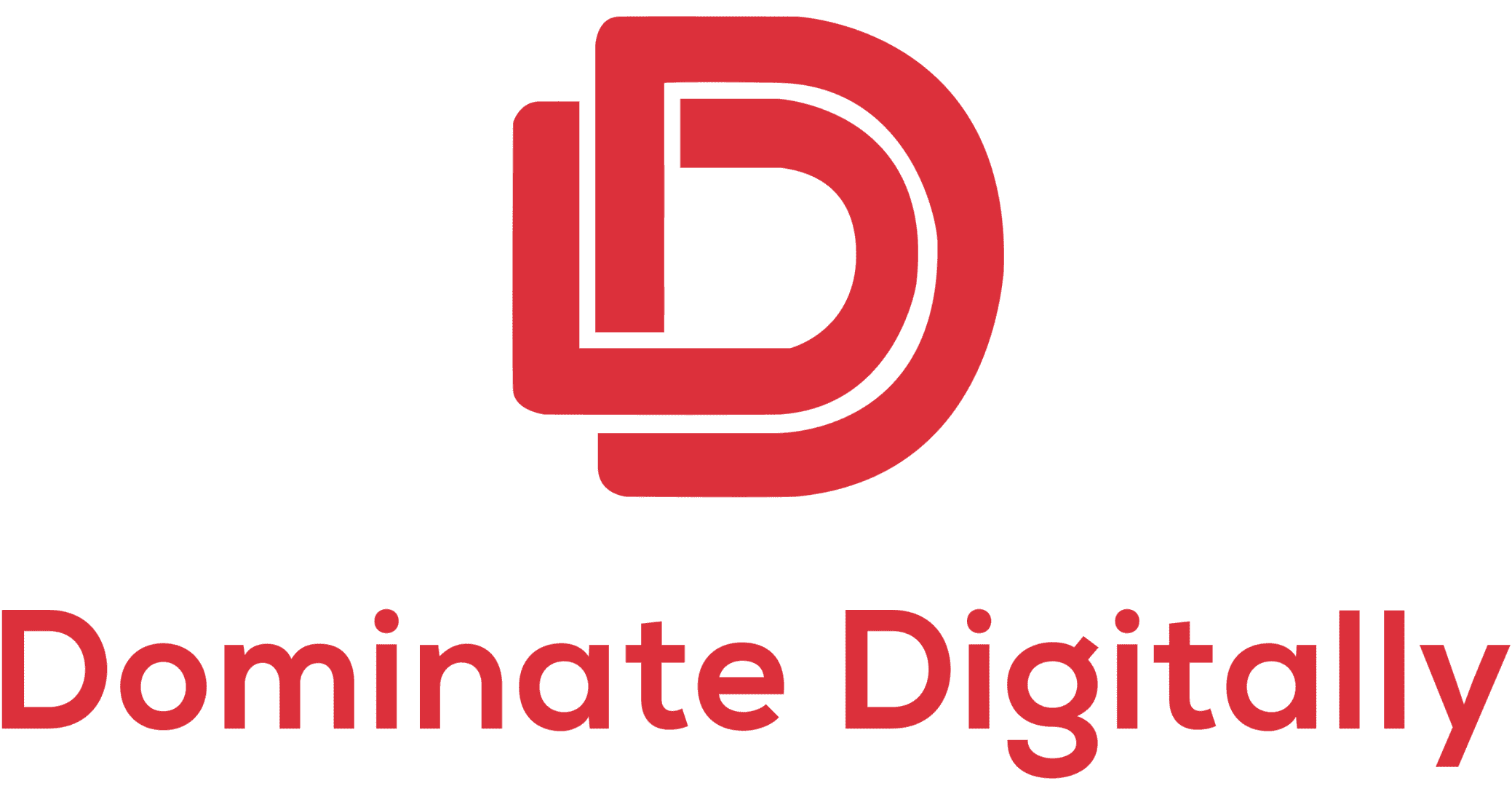In today’s digital age, being found online is crucial for success, and Search Engine Optimization (SEO) is the key to making that happen. Whether you’re just dipping your toes into the world of SEO or you’re looking to refine your expertise, this SEO guide for beginners will walk you through everything you need to know—from basic concepts to advanced strategies. By the time you finish this comprehensive SEO complete guide, you’ll have the knowledge to boost your website’s visibility, avoid common mistakes, and stay ahead of the competition.
Understanding the Basics of SEO
SEO, or Search Engine Optimization, is more than just a buzzword. It’s the process of optimizing your website to rank higher in search engine results pages (SERPs). The better your site’s visibility, the more likely it is to attract attention—and convert that attention into action. Whether you’re building a blog, an e-commerce site, or a portfolio, understanding the basics of SEO is the first step toward online success.
On-Page SEO
On-Page SEO is all about optimizing elements on your own website. Think of it as laying the foundation for everything else. If your on-page SEO isn’t strong, no amount of off-page work will bring the results you’re after.
- Keyword Optimization: Keywords are the bridge between what people are searching for and the content you provide. Start by identifying keywords that align with your audience’s search intent. Tools like SEMrush or Google Keyword Planner can help you pinpoint terms that are both relevant and achievable. But don’t just stuff these keywords everywhere—integrate them naturally into your headings, meta descriptions, and content to ensure readability and relevance.
- Content is King: High-quality, engaging content is non-negotiable. Search engines favour content that is informative, well-researched, and relevant to the user’s query. As a beginner, focus on creating content that answers the questions your target audience is asking. This can range from blog posts to infographics to videos. The more valuable your content, the more likely it is to be shared, linked to, and favoured by search engines.
- Meta Tags Matter: Don’t underestimate the power of a well-crafted meta tag. Your meta title and description should be concise, compelling, and keyword-rich. These snippets are often the first impression a user has of your site—make sure they’re enticing enough to warrant a click.
- Internal Linking: Think of internal links as the threads that weave your website’s content together. Not only do they help users navigate your site, but they also help search engines understand the structure and hierarchy of your content. Aim to link to relevant pages within your site wherever it makes sense—this can distribute page authority and help lower-ranked pages get noticed.
Off-Page SEO
Off-Page SEO refers to the actions taken outside of your website that impact your rankings within search engines. It’s about building your site’s reputation and authority in the vast expanse of the internet.
- Backlinking: A backlink is like a vote of confidence from one site to another. The more high-quality backlinks your site has, the more authoritative it appears to search engines. But beware: not all backlinks are created equal. Focus on earning backlinks from reputable, high-authority sites in your niche. This can be achieved through guest blogging, influencer outreach, or even creating shareable infographics.
- Social Signals: While social media isn’t a direct ranking factor, it does play a significant role in SEO. Shares, likes, and comments can increase the visibility of your content and attract more visitors to your site. Be active on platforms like Facebook, Twitter, LinkedIn, and Instagram, and use these channels to drive traffic back to your website.
- Guest Posting: Writing articles for other websites not only exposes your brand to a broader audience but also helps you earn valuable backlinks. Look for reputable sites within your industry that accept guest contributions and pitch them topics that align with their audience.
Technical SEO
Technical SEO is often the most overlooked aspect, but it’s the backbone of your entire SEO strategy. It ensures that search engines can crawl, index, and rank your site effectively.
- Site Speed: In a world where people expect instant results, site speed is crucial. A slow website can frustrate users and drive them away before they even have a chance to engage with your content. Tools like GTmetrix and Google PageSpeed Insights can help you identify areas where your site’s performance might be lagging.
- Mobile Optimization: With over half of all web traffic coming from mobile devices, having a mobile-optimized site is no longer optional. Ensure your website is responsive, meaning it automatically adjusts to fit the screen size of any device. Google also uses mobile-first indexing, which means it predominantly uses the mobile version of the content for indexing and ranking.
- Secure Sockets Layer (SSL): Having an SSL certificate is essential for any website today. Not only does it protect user data, but it also boosts your rankings. Search engines favour secure sites (those with HTTPS) over those without.

Advanced SEO Techniques
As you become more comfortable with the basics, it’s time to dive into advanced SEO strategies that can give you a competitive edge and further enhance your site’s visibility.
- Content Clusters: Gone are the days of targeting individual keywords with single posts. Today, it’s all about content clusters. This involves creating a central ‘pillar’ page that covers a broad topic and linking it to several ‘cluster’ pages that delve into specific subtopics. This structure not only enhances your internal linking but also signals to search engines that your site is an authority on that topic.
- Schema Markup: Schema markup is a form of microdata that helps search engines understand your site’s content more effectively. Implementing schema markup can enhance how your site appears in SERPs, leading to rich snippets like reviews, recipes, and FAQs. These enhancements can improve your click-through rates and bring more traffic to your site.
- Voice Search Optimization: As voice search becomes more popular, especially with the proliferation of smart speakers, optimizing your content for voice search is becoming increasingly important. Voice searches are typically longer and more conversational, so focus on long-tail keywords and phrases that mirror how people naturally speak.
- Artificial Intelligence (AI): AI is revolutionizing the way search engines rank content. Google’s AI algorithm, RankBrain, for instance, learns from user behaviour to deliver more relevant results. Staying updated with AI trends and how they affect SEO can help you maintain an edge over the competition.
Common SEO Mistakes to Avoid
Even seasoned professionals can fall into the trap of making common SEO mistakes. By being aware of these pitfalls, you can avoid costly errors that could hinder your site’s performance.
- Keyword Stuffing: While keywords are important, overusing them—known as keyword stuffing—can do more harm than good. Not only does it make your content unreadable, but search engines may penalize your site for it. Aim for a natural flow in your writing where keywords fit seamlessly into the content.
- Ignoring Mobile Optimization: With the rise of mobile-first indexing, neglecting mobile optimization is a critical error. Ensure your site is fully responsive, providing a seamless experience whether users are on a desktop, tablet, or smartphone.
- Overlooking Analytics: SEO isn’t a set-it-and-forget-it task. Regularly monitor your performance through tools like Google Analytics and Google Search Console. These platforms provide invaluable insights into what’s working and what isn’t, allowing you to adjust your strategies accordingly.
- Duplicate Content: Having the same content on multiple pages of your site can confuse search engines and dilute your SEO efforts. Always strive for unique, valuable content that offers something different from what’s already out there.
Measuring and Analyzing SEO Performance
To ensure your SEO strategies are effective, it’s crucial to measure and analyze your performance. This isn’t just about tracking traffic but understanding how visitors interact with your site and where improvements can be made.
- Google Analytics: Google Analytics is a powerful tool that gives you a wealth of data about your site’s performance. Look beyond just the number of visitors—dive into metrics like bounce rate, session duration, and conversion rates. These metrics provide insight into how users engage with your site and what content resonates the most.
- Google Search Console: This tool allows you to monitor your site’s presence in Google Search results. It provides data on which queries bring users to your site, how your pages are performing, and any technical issues that might be affecting your rankings.
- Rank Tracking Tools: Tools like SEMrush, Ahrefs, and Moz allow you to track how your keywords are performing over time. By regularly monitoring your rankings, you can see the impact of your SEO efforts and make informed decisions on where to focus next.
- Backlink Analysis: Backlinks are a critical component of SEO, but not all backlinks are beneficial. Use tools like Ahrefs to analyze your backlink profile, ensuring you’re earning high-quality links while disavowing any that might be harmful.
Future Trends in SEO
SEO is constantly evolving, and staying ahead of the curve is essential for long-term success. Here are some future trends to keep an eye on:
- Core Web Vitals: Google’s Core Web Vitals are set to become even more critical in the future. These metrics focus on user experience, particularly in terms of loading performance, interactivity, and visual stability. Ensuring your site meets these criteria will be crucial for maintaining or improving your rankings.
- AI and Machine Learning: As AI continues to advance, its impact on SEO will only grow. Algorithms are becoming more sophisticated, learning from user behaviour to deliver more accurate and relevant results. Keeping up with these changes will help you adapt your strategies to stay competitive.
- Video SEO: With platforms like YouTube becoming increasingly dominant, optimizing video content for search engines is vital. This includes using descriptive titles, tags, and transcripts, as well as ensuring your videos are mobile-friendly.
- Local SEO: The rise of local searches, especially with the increased use of mobile devices, means that local SEO will become more important than ever. Make sure your business is listed on Google My Business and other local directories, with accurate and up-to-date information.
Conclusion
Mastering SEO is an ongoing journey, but with the right knowledge and strategies, you can significantly enhance your website’s visibility and performance. This SEO guide for beginners has covered everything from the basics to advanced techniques, ensuring you’re well-equipped to tackle any SEO challenge that comes your way. By avoiding common mistakes, staying updated on trends, and continuously analyzing your performance, you can ensure long-term success in the ever-competitive digital landscape.
FAQ
SEO, or Search Engine Optimization, is the practice of optimizing your website to improve its visibility on search engine results pages (SERPs). It’s crucial because higher visibility translates to more organic traffic, which can lead to increased conversions, brand awareness, and revenue. In essence, SEO helps connect your website with the people who are actively searching for what you offer.
The timeline for seeing results from SEO varies depending on several factors, including the competitiveness of your industry, the keywords you’re targeting, and the quality of your SEO efforts. Generally, it takes about 3 to 6 months to start seeing significant improvements, but it’s important to remember that SEO is a long-term strategy—results compound over time.
Several factors influence your site’s rankings, but some of the most important include high-quality content, relevant and authoritative backlinks, mobile-friendliness, site speed, and a secure (HTTPS) website. Additionally, user experience metrics such as Core Web Vitals are becoming increasingly critical in determining search rankings.

I’m a digital marketing practitioner by the day, and a student at night. If I were to pick a label, I’d call myself a digital marketing Jedi. I’m a strong proponent of the belief that hard work trumps talent every time. When I’m not working, I enjoy being a loving father to my daughter and like to spend as much time as possible with my wife and parents.




